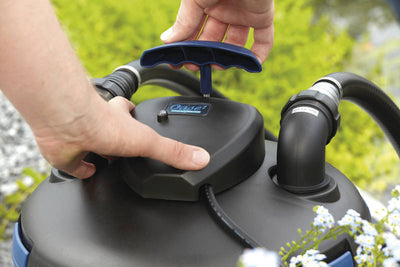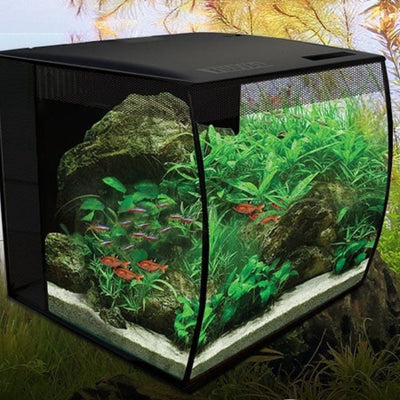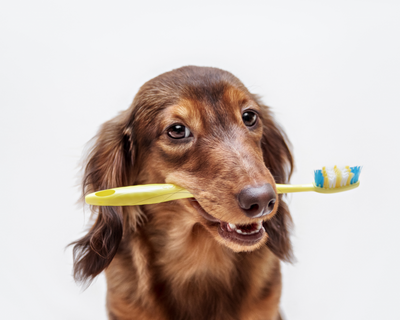If you choose the indoor lifestyle for your cat, there are some factors that you will need to take into consideration to ensure that your cat leads a long and healthy life.
life.
Indoor cats are generally less active than their outdoor mates and as such, they are more likely to gain weight. The amount and type of food that you feed your cat will influence on if and how quickly the cat becomes overweight. There are now diets that are designed for the cat with an indoor lifestyle and these contain less fat, have lower calories than standard diets and as result helps less active animals to maintain their correct body weight. Cats can be creatures of habit so if you are planning on changing your cats diet, mix a little of their old diet in with the new food over a series days, decrease the amount of the old diet and gradually replace it with the new.
As with people, being overweight is bad for animals and can even shorten their life as it places strain on the major organs and joints. Keep an eye on the weight of your cat and discuss this with your vet during your yearly check-up or earlier if you are concerned. You can help your cat maintain its weight by playing with it several times a day or providing it with a cat gym which is a bit like an active cat scratching post with lots of poles and boxes. Modern scratching posts are specifically designed for indoor cats. They are built for cats to rub, scratch, climb and some provide a bed or perching area for resting or sleeping on.
Providing plenty of enrichment is essential for indoor kitties. Food mazes are great as they will occupy your cat, slow down their eating and turn on their problem-solving skills as they figure out how to get their food or treats out. Interactive cat toys will keep cats mentally stimulated and active. Cat dangler toys and toys that move or can be chased are recommended.
Fresh air is important and will provide your cat with time to take in the outside  world using the olfactory senses. Ensure you have a screen door or window that can let in fresh air that your cat can access. Alternatively, there is a range of Cat Cabanas that are a secure outdoor enclosure that you can set up for your moggy. These fold away when not in use and there are shade sails, hammocks, and platforms to add in these Cabanas.
world using the olfactory senses. Ensure you have a screen door or window that can let in fresh air that your cat can access. Alternatively, there is a range of Cat Cabanas that are a secure outdoor enclosure that you can set up for your moggy. These fold away when not in use and there are shade sails, hammocks, and platforms to add in these Cabanas.
Add some exercise to your daily routine and take the cat for a walk! With  a little training, your cat will enjoy time outside securely on a cat harness and lead. It is important to be aware that most cats won't walk as a dog typically would. They will rather climb, smell or play with leaves in the garden than go for a long walk.
a little training, your cat will enjoy time outside securely on a cat harness and lead. It is important to be aware that most cats won't walk as a dog typically would. They will rather climb, smell or play with leaves in the garden than go for a long walk.
Plug in pheromones will assist cats to adapt to their indoor lifestyle. Many of these products will help with appetite, behaviour, and overall demeanor of your cat. These pheromone diffusers are created to mimic the happy hormone that Queen’s release to their kitten’s. These analogues provide a relaxed and calm disposition in cats and are effective in multi-cat households.
Aside from being less active, indoor cats also tend to groom themselves more and as a result of this can be prone to hairballs. Grooming the cat for a few minutes every day will reduce the amount of hair that is ingested by the cat. You can also use one of the hairball formula diets to assist with this. This formula is high in vegetable fibre, which sweeps hair through the digestive tract reducing the build up of hairball (Trichobezoar) in the stomach. Some of these diets also reduce the amount of shedding as the quality of the food improves the coat and skin so less hair is lost.
Cat grass should be offered in fresh quantities each week. There is growing research that indicates the many benefits cat grass has on the gut flora and digestive system of indoor cats.
Some indoor cats and outdoor cats for that matter can suffer from the formation crystals in the urinary tract. This condition is a little like cystitis in humans and when left untreated can cause damage to the kidneys. The hairball formula contains lower levels of magnesium and phosphorus, therefore reducing the chance of urinary tract problems. You should however keep an eye on your cat when it uses the litter tray and if it appears to be straining, not passing any urine or using the tray more frequently than usual, consult your vet.
For further information, call in & see us in the store, or email us: admin@weknowpets.com.au
4/72-76 Station St Bowral NSW 2576
PH: 024862 1175
© weknowpets 2021





